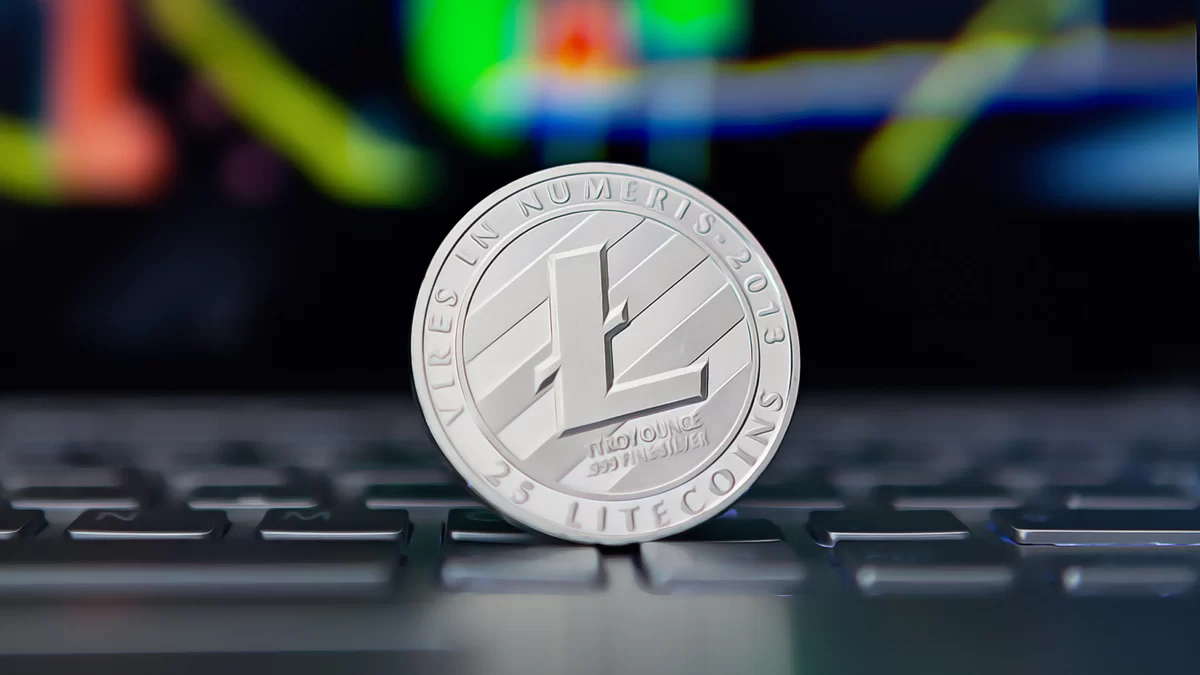Bitcoin fiyatı 53,485 dollars dropped, and altcoins experienced even larger declines. It was not a surprise because BTC was already on a downward trend. The issue is that the factors triggering the decline continue. In the short term, it seems difficult to eliminate these risks. So, what developments have shaken cryptocurrencies in the last 24 hours?
Latest News in Cryptocurrencies
The negativity in BTC price has been ongoing for a long time, and for a few weeks, MTGOX refunds have negatively affected investor sentiment. MTGOX once again made its mark on crypto today. It was announced that refunds officially started after transferring 2.7 billion dollars worth of BTC to a new wallet.

Popular analyst Jacob King wrote that an additional 8.2 billion dollars worth of selling pressure has begun in crypto;
“No Bitcoin investor will say this out loud, but most of the 8.2 billion dollars worth of BTC to be redistributed to former customers will be sold.”
According to Arkham Intelligence, MTGOX moved Bitcoin out of the cold wallet on July 5 at 12:30 UTC. The first major transaction for this month’s refunds has taken place. Analysts are divided on what will happen. Some say there could be sales up to 4.5 billion dollars initially, while others suggest that the proceeds from the sales could be directed to altcoins by early crypto investors.
South Korea’s Crypto Step
The South Korean Financial Supervisory Service (FSS) took a significant step by developing a live crypto monitoring system to track suspicious transactions. This system, which will monitor abnormal transactions in real-time, will be activated on July 19. The application, which will be launched on the date South Korea’s Virtual Asset Protection Law comes into effect, indicates that investors in the region could be closely monitored for tax, money laundering, and many other issues.
29 crypto exchanges registered with the FSS will be examined under the user protection law. Comprehensive steps have not yet been taken globally on these issues. South Korea’s monitoring step could be something that investors in other parts of the world might face in the future. For now, many states are trying to hold exchanges accountable for issues like money laundering and tax. In larger operations, institutions that work with the Ministry of Justice come into play.









